Whether For Persuasion or for Details, Words Matter
The best journalists understand the need to explain something simply, without getting lost in details.
Drew Clark

Are writers right-brained or left-brained? Is writing logical or creative?
I have always seen myself in the former camp. As a child, math captivated me more than literature. And now, as the world considers the role of generative AI, we are all forced to ask whether writing is an act of logic or an act of creation.
Some years ago, when I wrote a weekly column for the Deseret News in Salt Lake City, I considered how to compare the writing of journalists and lawyers: "Journalists and lawyers both build advocacy upon a factual infrastructure."
This was the core point:
Certainly there are differences in training, and perhaps also in disposition and outlook. Yet there are significant similarities as well. These include a respect for words, an appreciation for both specialization and being a generalist, and the need for facts to precede advocacy.
And the high-level takeaways:
Words matter. For both the author and the attorney, words are the tools of the trade. Journalists are passionate about words. The best journalists understand the need to explain something simply, without getting lost in details.
Generalists and specialists. Journalists are often called the world’s last generalists. But this is no longer true. A daily newspaper once aggregated the important news of the world for a general audience, but that function is now filled by Google News or Facebook’s news feed. When the most knowledgeable source for a given story is only a click away on the Internet, successful journalists are also specialists in a topic or topics that they know best.
Facts before advocacy. A principal complaint about the mainstream media has been one of political bias. According to a survey released last week by the Pew Research Center, Americans have followed journalists into respective political corners: Roughly 1 in 5 people with consistently conservative or consistently liberal views rely on different sources of information and distrust the media outlets relied upon by the other side....
Instead of seeing journalists solely as fact-gatherers and attorneys solely as advocates, it would be truer to see reporters and lawyers both as purveyors of facts before advocacy.
In Broadband Breakfast's area of focus, we believe in the power of words. We seek to be precise and accurate in what we report and analyze. After all, facts should always serve as the basis for informed opinions.
That said, there are many different forms in which one can find good journalism. Here at Broadband Breakfast, we favor shorter, direct and single-subject stories in the style of Associated Press. We try our best to make explanations of broadband technology and internet policy accessible even to those not steeped the jargon of the FCC, NTIA or SBOs.
That said, some of our reporters' best pieces last week were a comprehensive dissections of a docket before the Federal Communications Commission:
 Broadband BreakfastJake Neenan
Broadband BreakfastJake Neenan
And a thorough piece delving into the National Telecommunications and Information Administration's reaction to "initial proposals" of state broadband offices:
 Broadband BreakfastJericho Casper
Broadband BreakfastJericho Casper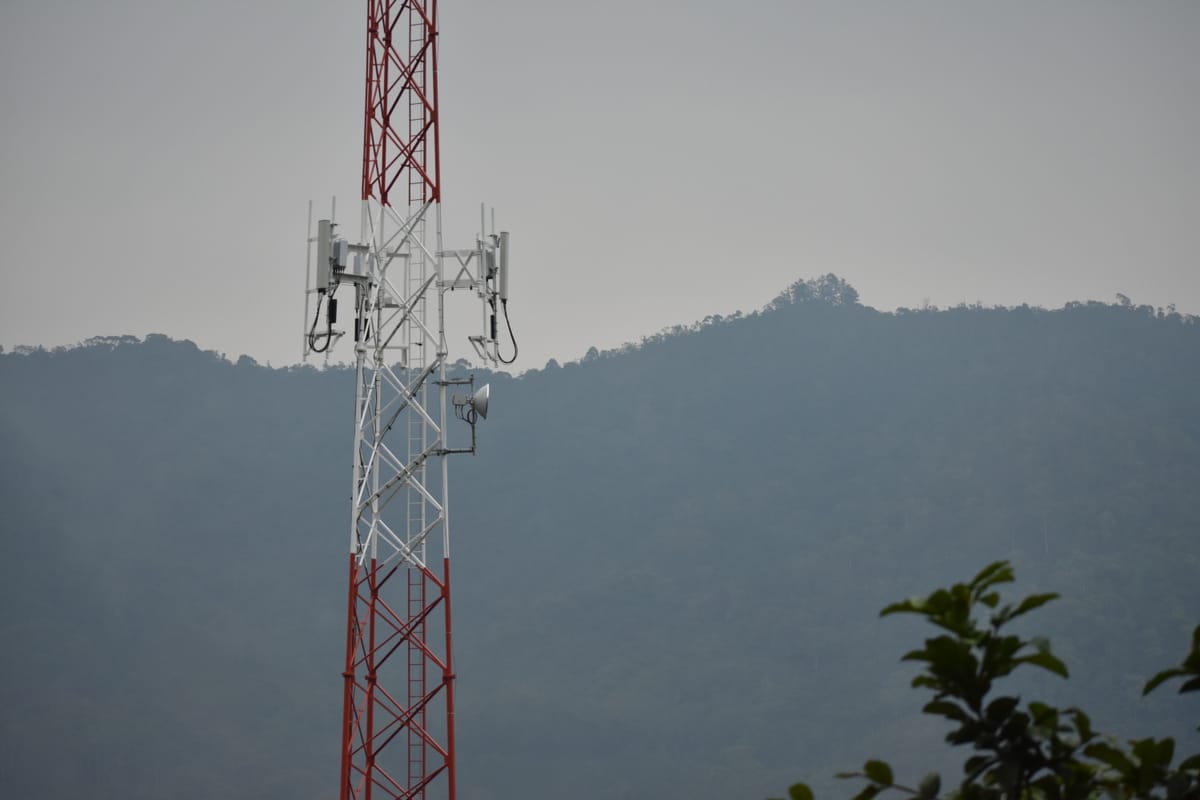
What to expect from our Exclusive Reports
But I'd also like to highlight a completely different style of writing: The Exclusive Reports from Broadband Breakfast available (well, exclusively) to Broadband Breakfast Club Members.
Last year we did an Exclusive Reports once a month, on topics ranging from "Buy America," to matching funds for the Broadband Equity Access and Deployment program, to the CHIPS and Science Act. You can see all of these reports:
 Broadband BreakfastBroadband Breakfast
Broadband BreakfastBroadband Breakfast
Now that we've relaunched the new Broadband Breakfast earlier this year, we're stepping up the pace and putting out Exclusive Reports on a bi-weekly basis.
Last week we published "The Challenge of Spectrum Sharing":
 Broadband BreakfastBroadband Breakfast
Broadband BreakfastBroadband Breakfast
Broadband Breakfast's goal with the Exclusive Reports is to create a comprehensive review of the law and policy associated with the particular topic. For example, sections covered in the Exclusive Report on spectrum sharing included:
- Legal foundations of spectrum management
- FCC regulatory framework and spectrum sharing models
- Spectrum sharing models and the three-tiered access system
- Military spectrum use
- Legal considerations in spectrum sharing models
- Licensing disputes and resolution mechanisms
- Service providers’ legal responsibilities
- The future of spectrum sharing
Last month we also published an Exclusive Reports on "The Policy and Law Behind Rip and Replace" on March 21, 2024, and "The FCC's Digital Discrimination Rules" on March 11, 2024. Our next one later in April will be focused on the status and prospects of the FCC's net neutrality order.
Let us know if you have thoughts or suggestions for an upcoming Exclusive Report!
Upcoming events with NCTA – The Internet & Television Association and Next Century Cities
We are super-excited to be partnering tomorrow, Wednesday, April 10, with NCTA – The Internet & Television Association; and on Wednesday, April 17, with Next Century Cities, to produce special in-person versions of Broadband Breakfast Live Online.
Tomorrow's event will be at a special time: 11 a.m. ET - 12:30 p.m. ET. The panel discussion will follow the release a significant report, "Achieving Internet for All," by Paul Garnett of the Vernonburg Group. See and sign up here:
 Broadband BreakfastPaul Garnett
Broadband BreakfastPaul Garnett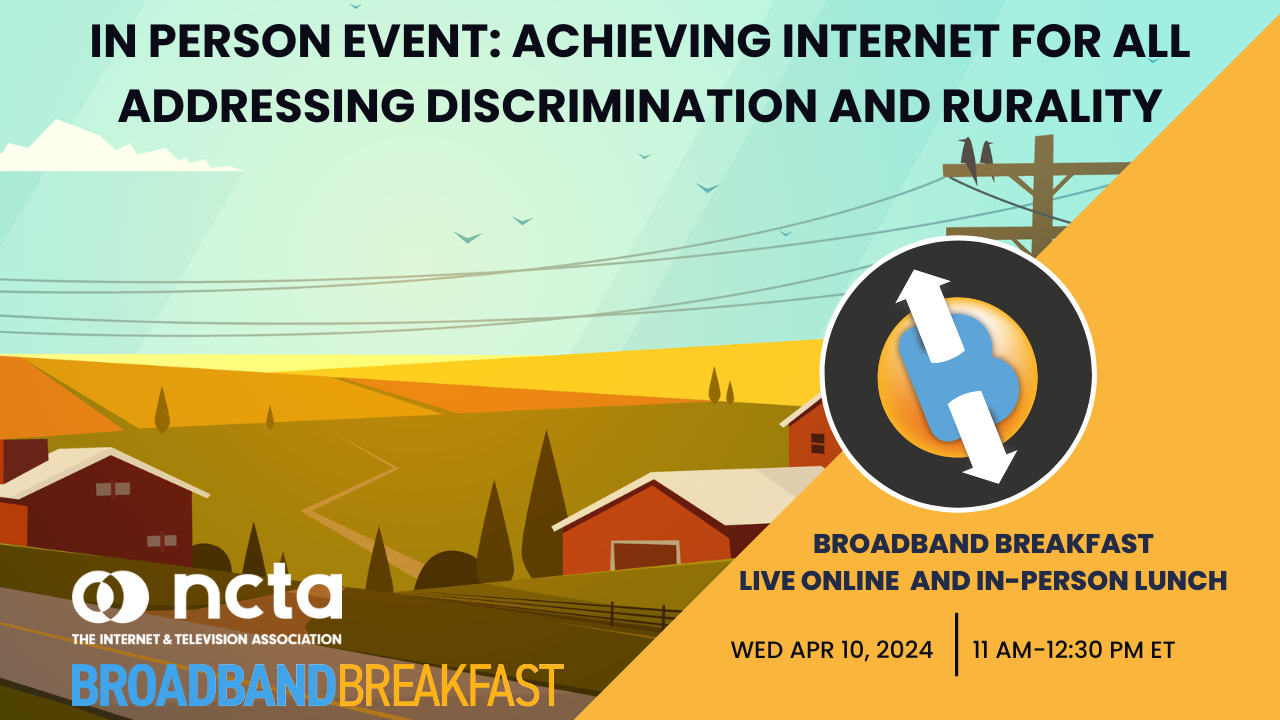
And then on April 17, from 9 a.m. ET - 4 p.m. ET, we'll be live with Next Century Cities all day as we stream the Bipartisan Tech Conference on Broadband Breakfast Live Online:
 Broadband BreakfastNext Century Cities
Broadband BreakfastNext Century Cities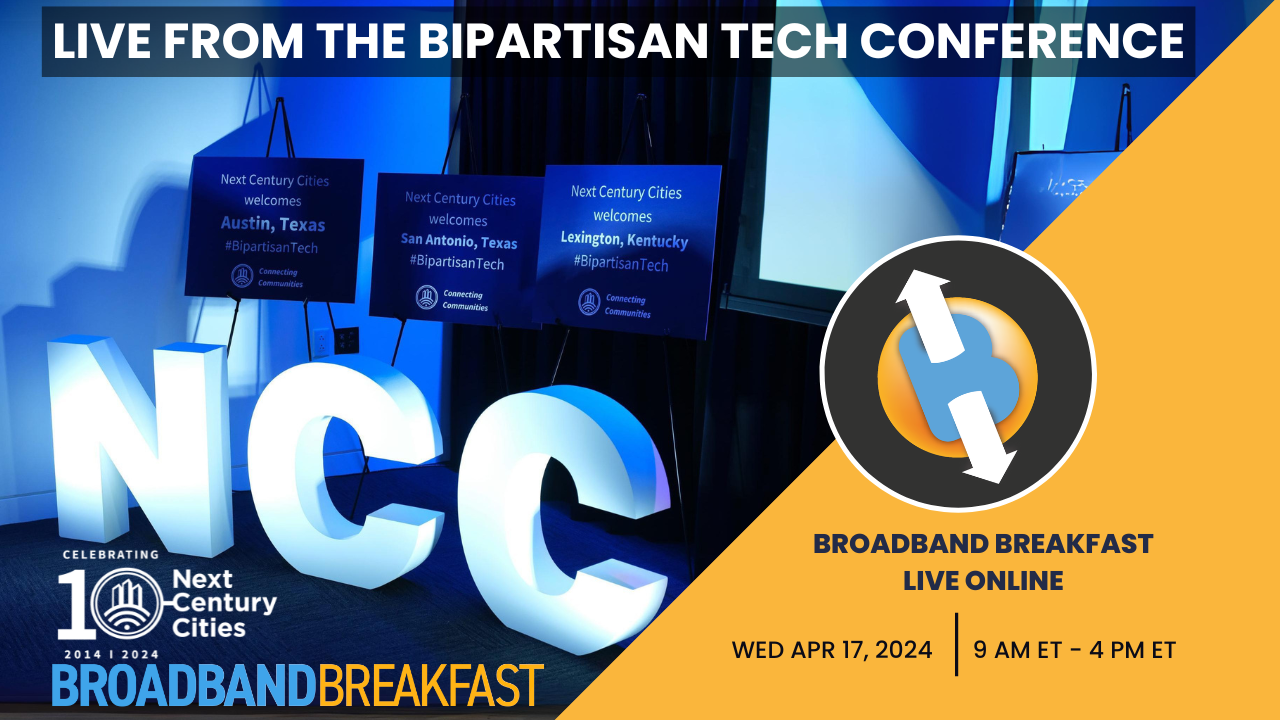
Thank you for continuing to attend Broadband Breakfast Live Online and to sign up for your free membership in the Broadband Breakfast Community.
Learn more about the benefits of being a part of the Broadband Breakfast Club, and let us know if you have any questions about Broadband Breakfast.
Have a great week!
Drew Clark
Broadband Breakfast
drew@breakfast.media









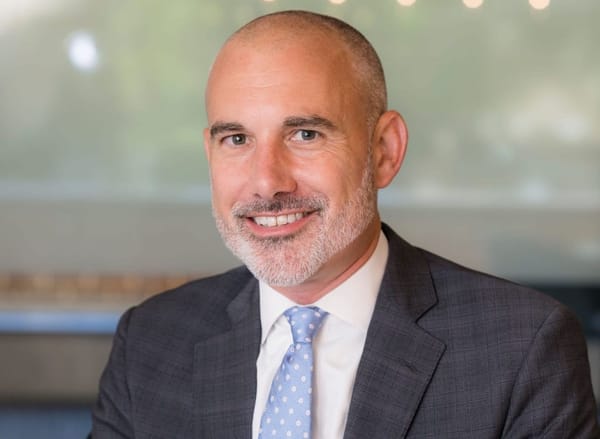
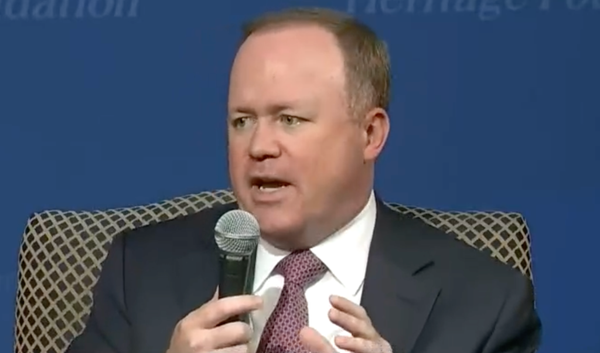
Member discussion